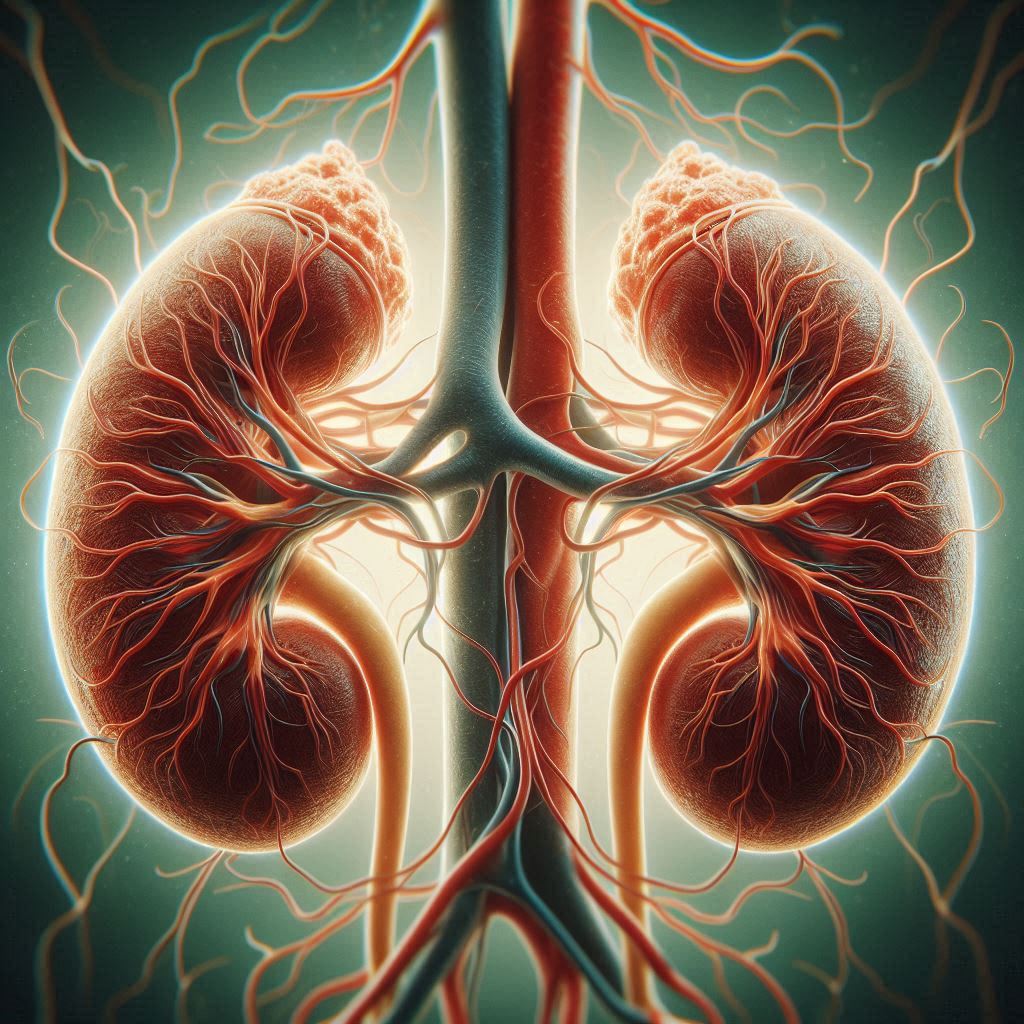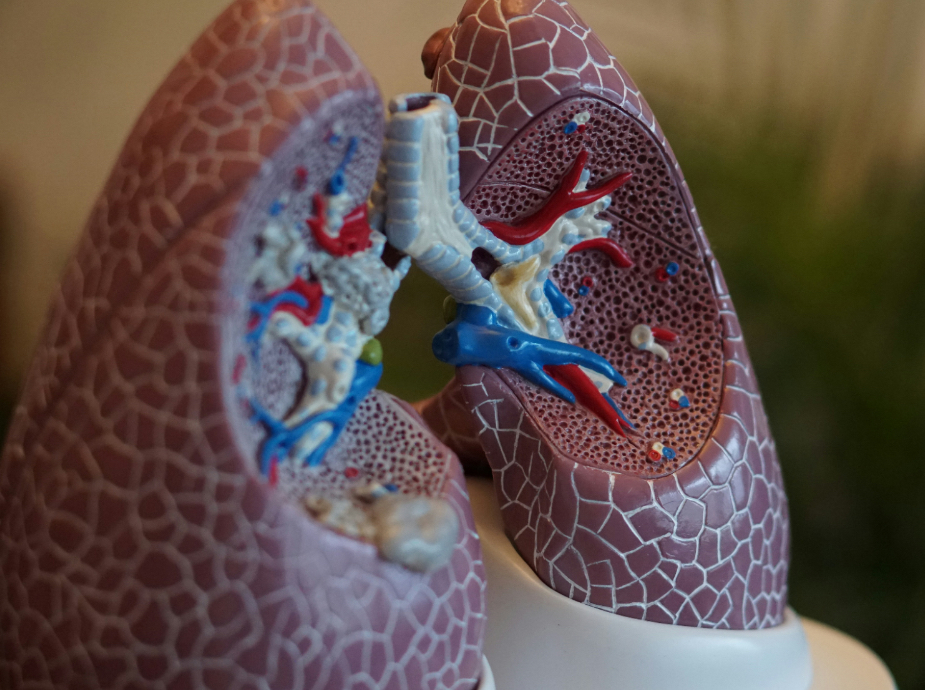Hyperaldosteronism, especially primary hyperaldosteronism, can cause metabolic alkalosis due to increased aldosterone secretion leading to hypokalemia and increased hydrogen ion excretion in the urine.
Here’s a more detailed explanation:
What is Hyperaldosteronism?
Hyperaldosteronism occurs when the adrenal glands produce too much aldosterone, a hormone that regulates sodium and potassium levels in the body.
Primary Hyperaldosteronism:
This is the most common type, often caused by a noncancerous tumor (adenoma) in one or both adrenal glands.
Mechanism of Metabolic Alkalosis:
Hypokalemia: Excess aldosterone causes the kidneys to excrete more potassium, leading to low potassium levels in the blood (hypokalemia).
Hydrogen Ion Excretion: In the kidneys, sodium and potassium are exchanged, and when potassium excretion increases, hydrogen ions are also excreted in exchange for sodium.
Metabolic Alkalosis: The increased excretion of hydrogen ions leads to a buildup of bicarbonate in the blood, causing a rise in blood pH, which is metabolic alkalosis.
Other Effects of Hyperaldosteronism:
Besides metabolic alkalosis, hyperaldosteronism can also cause hypertension (high blood pressure) due to increased sodium retention.
Symptoms:
Symptoms of hyperaldosteronism can include muscle weakness, fatigue, and in some cases, paresthesias (tingling or numbness).

Hyperaldosteronism and metabolic alkalosis
Hyperaldosteronism, especially primary hyperaldosteronism, can cause metabolic alkalosis due to increased aldosterone secretion leading to hypokalemia and increased hydrogen ion excretion in the urine.Here’s a more detailed explanation:What is Hyperaldosteronism?Hyperaldosteronism occurs when the adrenal glands produce too much aldosterone, a hormone that regulates sodium and potassium levels in the body.Primary Hyperaldosteronism:This is the most common…


Leave a Reply